RUSSIA passes bill to become FIRST COUNTRY to recognize Taliban Government of Afghanistan
In a significant and controversial move, Russia has passed a bill that makes it the first country to officially recognize the Taliban as the legitimate government of Afghanistan. This decision comes more than three years after the Taliban seized control of the country following the withdrawal of U.S. forces in August 2021. The recognition has been met with mixed reactions, with some praising Russia’s bold diplomatic stance, while others express concern over the implications for regional security, human rights, and international law. In this blog post, we will explore the key aspects of Russia’s decision to recognize the Taliban government, the potential consequences for Afghanistan, and the broader geopolitical ramifications.
Why Did Russia Choose to Recognize the Taliban?
Russia’s decision to recognize the Taliban is rooted in a combination of strategic, political, and diplomatic factors. After the fall of Kabul in August 2021, the international community, led by the United States and its allies, was initially hesitant to engage with the Taliban, which had been responsible for a brutal regime in the late 1990s and had been involved in terrorism during the Afghan conflict. However, as the Taliban solidified its control over Afghanistan, Russia took a different approach.
- Regional Security Concerns
One of Russia’s primary motivations for recognizing the Taliban may be related to its security concerns in Central Asia. Afghanistan shares borders with several former Soviet republics, including Tajikistan, Uzbekistan, and Turkmenistan. Moscow has long been worried about the possibility of instability in Afghanistan spilling over into these countries, which could threaten Russia’s sphere of influence in the region. By engaging with the Taliban, Russia aims to prevent the spread of extremist groups like ISIS-Khorasan (ISIS-K) and maintain a degree of control over Afghanistan’s future. - Deteriorating Relations with the West
Russia’s decision to recognize the Taliban can also be seen in the context of deteriorating relations with Western countries, particularly the United States and European Union. Since Russia’s annexation of Crimea in 2014 and its involvement in the war in Ukraine, Moscow has faced increasing international isolation. In this context, aligning with a controversial figure like the Taliban could be part of a broader strategy to challenge Western influence and assert its own position on the global stage. By taking a bold stance, Russia positions itself as an independent global power willing to engage with controversial regimes. - Economic and Strategic Interests
Afghanistan is rich in natural resources, including minerals such as lithium and copper, and could offer economic opportunities for Russian companies in the future. Russia has also expressed interest in tapping into Afghanistan’s potential as a trade route, particularly in relation to the Belt and Road Initiative (BRI), a Chinese-led global infrastructure project. With the Taliban in control, Russia may see an opportunity to capitalize on these economic prospects by engaging with the new Afghan government.
Implications for Afghanistan
For Afghanistan, Russia’s recognition marks a significant moment in the country’s post-Taliban political landscape. Although the Taliban has consolidated power within the country, it has struggled to gain international recognition and access to foreign aid, which is crucial for rebuilding the war-torn nation. Recognition by Russia could provide a degree of legitimacy to the Taliban government, which may open the door to further international engagement, particularly from countries in the region.
- Potential for Economic Aid and Investment
Recognition by Russia could lead to increased economic assistance and investment in Afghanistan, particularly in sectors such as energy, mining, and infrastructure. Afghanistan is rich in natural resources, but it has been unable to attract significant foreign investment due to the political instability and security concerns surrounding the Taliban’s rule. Russian involvement could potentially lead to the development of these resources and the creation of much-needed jobs in the country. - Impact on Human Rights and Women’s Rights
While recognition may bring certain economic benefits, it also raises serious concerns regarding human rights, particularly the rights of women and ethnic minorities in Afghanistan. Under the Taliban’s rule, many of the gains made in women’s rights over the past two decades have been rolled back, with women banned from many forms of employment and education. The international community, including organizations like the United Nations, has repeatedly criticized the Taliban for its repressive policies. Russia’s recognition of the Taliban might signal to other countries that the international community is willing to accept the regime, even as it continues to violate human rights. - Humanitarian Aid Access
The Taliban’s ability to govern effectively and provide for the needs of the Afghan population has been severely challenged by internal struggles, corruption, and economic collapse. Recognition by Russia could help the Taliban improve access to humanitarian aid and other forms of international assistance, which would be essential in alleviating the dire poverty and food insecurity affecting millions of Afghans.
Geopolitical Ramifications
Russia’s decision to recognize the Taliban is not just a bilateral issue but has far-reaching implications for regional and global politics. This move challenges the traditional international order, particularly the stance taken by the West, which has largely refused to engage with the Taliban until it meets certain conditions, such as respect for human rights and the formation of an inclusive government.
- Shifting Alliances in Central Asia
Russia’s recognition of the Taliban could shift the balance of power in Central Asia, a region where Russia has historically held significant influence. Neighboring countries like Uzbekistan, Tajikistan, and Kazakhstan have expressed concerns about the Taliban’s rise, fearing the spread of extremism. However, with Russia’s engagement, these countries might be more inclined to open diplomatic channels with the Taliban. Russia’s influence in the region could also counterbalance the growing presence of China and the U.S. in Central Asia, with each of these powers vying for control of the region’s resources and strategic importance. - China and Russia’s Shared Interests
The Taliban’s recognition by Russia comes at a time when China has also sought to establish closer ties with Afghanistan. Both Russia and China have common interests in Afghanistan, including trade and energy projects, as well as countering U.S. influence in the region. In this light, Russia’s recognition of the Taliban could be part of a broader geopolitical strategy to align with China, which has expressed support for the Taliban government. - International Law and Diplomatic Precedents
Russia’s recognition of the Taliban sets a troubling precedent in international law and diplomacy. By recognizing a government that came to power through the use of force and has been accused of widespread human rights violations, Russia risks undermining the global norm that governs state sovereignty and the legitimacy of governments. This move could embolden other regimes that use similar tactics to seize power, further destabilizing regions already facing significant conflict.
Conclusion
Russia’s decision to recognize the Taliban as the legitimate government of Afghanistan is a bold and controversial step that will have significant implications for the region and the broader international community. While it may bring certain economic benefits to Afghanistan and enhance Russia’s geopolitical standing, it also raises serious concerns about the future of human rights in the country and the global implications for diplomatic engagement with authoritarian regimes. As Afghanistan remains in a fragile state, the world will be watching closely to see how this decision affects not only the country but also international relations in the years to come.
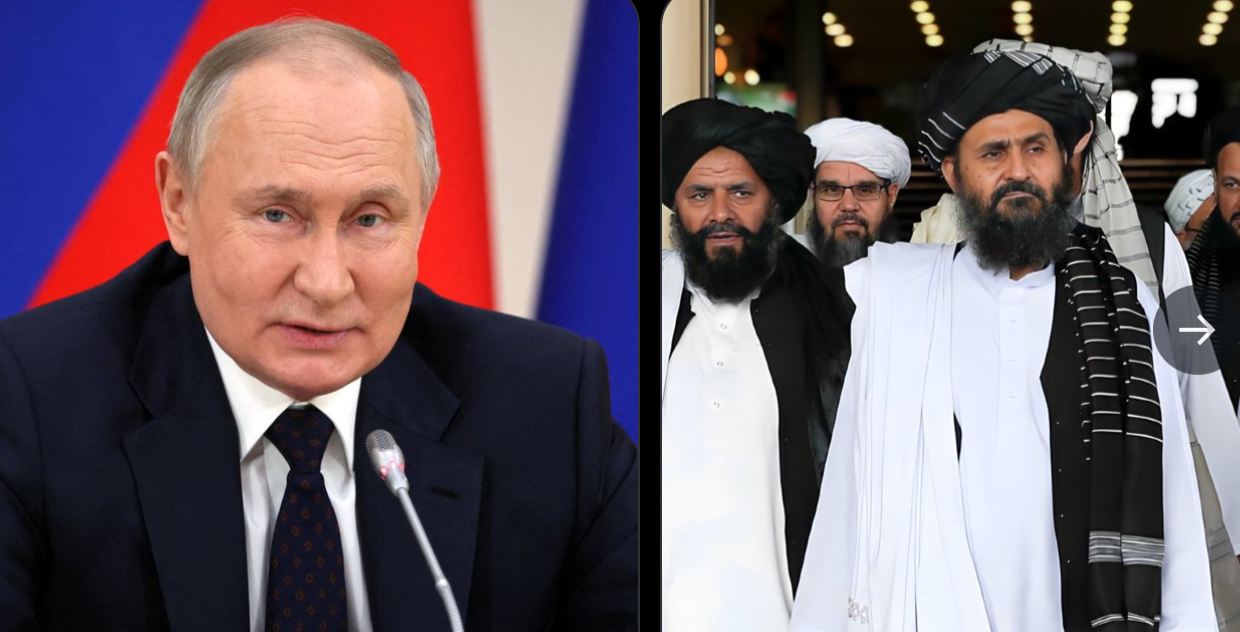
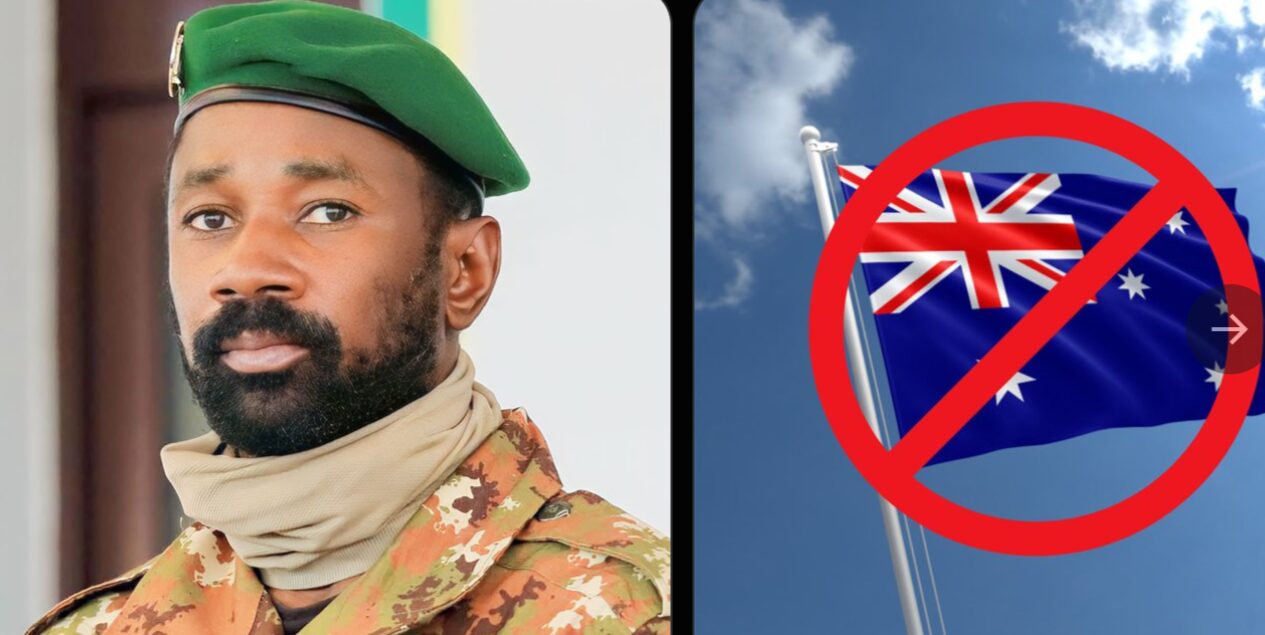
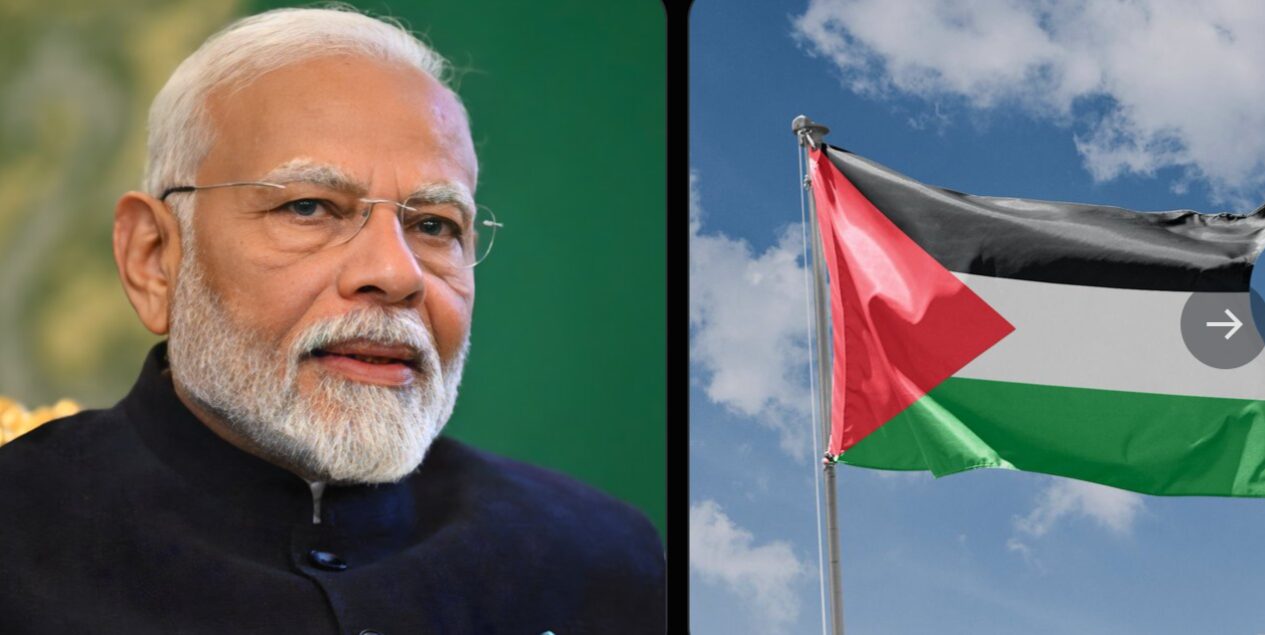
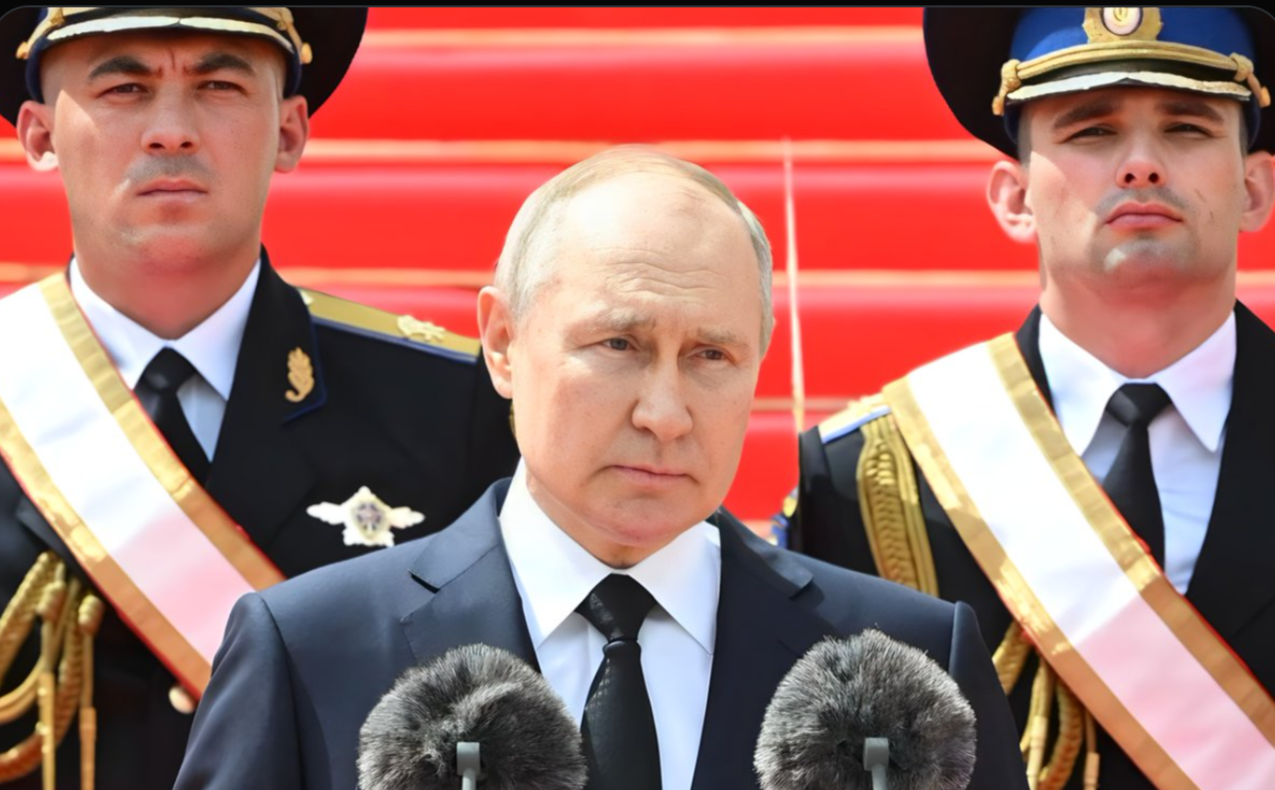
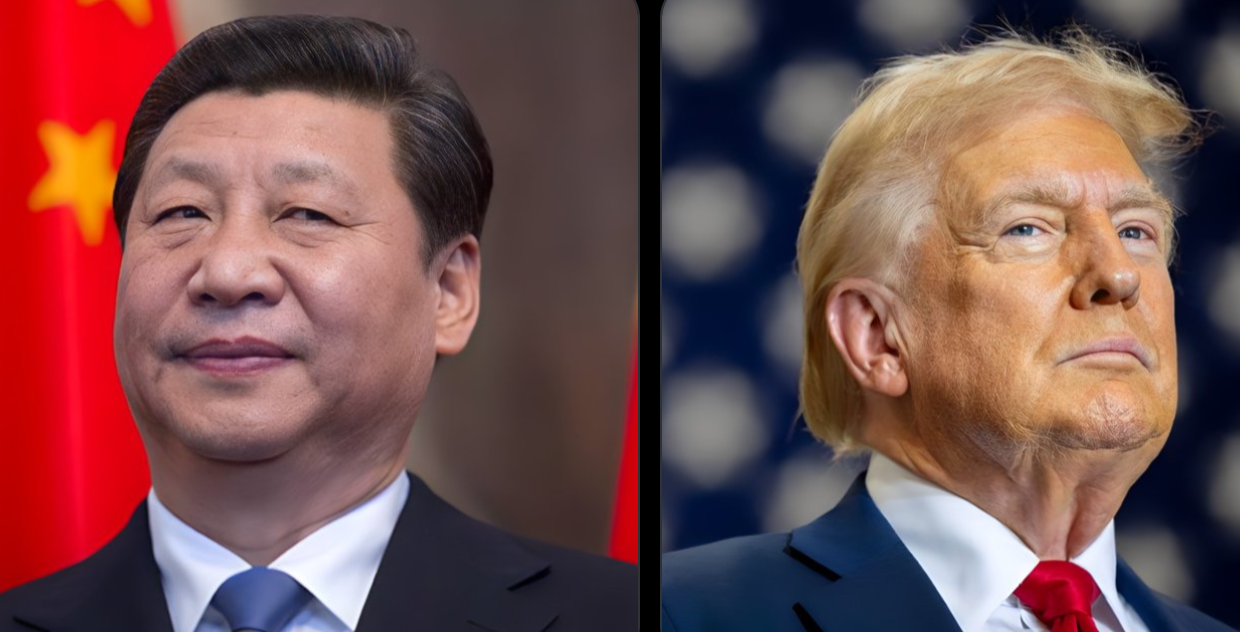












Post Comment